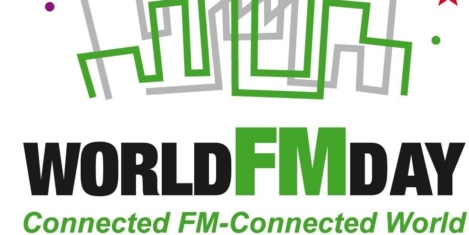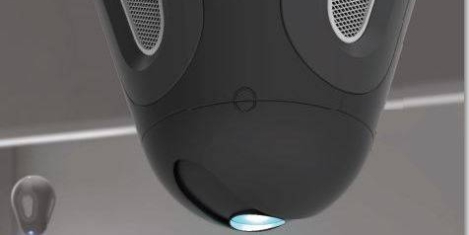June 30, 2015
Number of mobile workers in US will exceed 105 million by 2020
 Mobile workers will account for nearly three quarters (72.3 percent) of the US workforce by 2020, thanks to the increasing affordability of smartphones and tablets and growing acceptance of corporate Bring Your Own Device (BYOD) schemes. According to a new forecast from International Data Corporation (IDC), the US mobile worker population will grow at a steady rate over the next five years, increasing from 96.2 million in 2015 to 105.4 million in 2020. Innovations in technology such as biometric readers, wearables, voice control, near-field communications (NFC), and augmented reality are already increasing productivity and enabling workers to work in completely new ways. In a recent IDC survey, 69.1 percent of those responsible for managing mobility within their organisation had seen a reduction in costs as a result of implementing BYOD programmes.
Mobile workers will account for nearly three quarters (72.3 percent) of the US workforce by 2020, thanks to the increasing affordability of smartphones and tablets and growing acceptance of corporate Bring Your Own Device (BYOD) schemes. According to a new forecast from International Data Corporation (IDC), the US mobile worker population will grow at a steady rate over the next five years, increasing from 96.2 million in 2015 to 105.4 million in 2020. Innovations in technology such as biometric readers, wearables, voice control, near-field communications (NFC), and augmented reality are already increasing productivity and enabling workers to work in completely new ways. In a recent IDC survey, 69.1 percent of those responsible for managing mobility within their organisation had seen a reduction in costs as a result of implementing BYOD programmes.


















 TechNorth, the Manchester based technology hothouse devised as a regional counterbalance to London, is held in higher regard than the capital’s flagship TechCity development, according to research from recruitment firm Robert Half. The study of IT decision makers across the UK claims that the vast majority would prioritise working with Northern firms over their London counterparts, with 87 percent either ‘highly likely’ or ‘somewhat likely’ to place work with IT businesses in the TechNorth hub rather than those in TechCity London given the choice. The figure is 100 percent for IT leaders based in the North and to 95 percent for those in Scotland. More surprisingly, 80 percent of those based London and the South East said they would prioritise TechNorth, as did 75 percent in the South West and Wales.
TechNorth, the Manchester based technology hothouse devised as a regional counterbalance to London, is held in higher regard than the capital’s flagship TechCity development, according to research from recruitment firm Robert Half. The study of IT decision makers across the UK claims that the vast majority would prioritise working with Northern firms over their London counterparts, with 87 percent either ‘highly likely’ or ‘somewhat likely’ to place work with IT businesses in the TechNorth hub rather than those in TechCity London given the choice. The figure is 100 percent for IT leaders based in the North and to 95 percent for those in Scotland. More surprisingly, 80 percent of those based London and the South East said they would prioritise TechNorth, as did 75 percent in the South West and Wales.




















June 30, 2015
Is the environment now a non-issue for building occupiers and managers?
by Mark Eltringham • Comment, Environment, Facilities management, Workplace design
More →